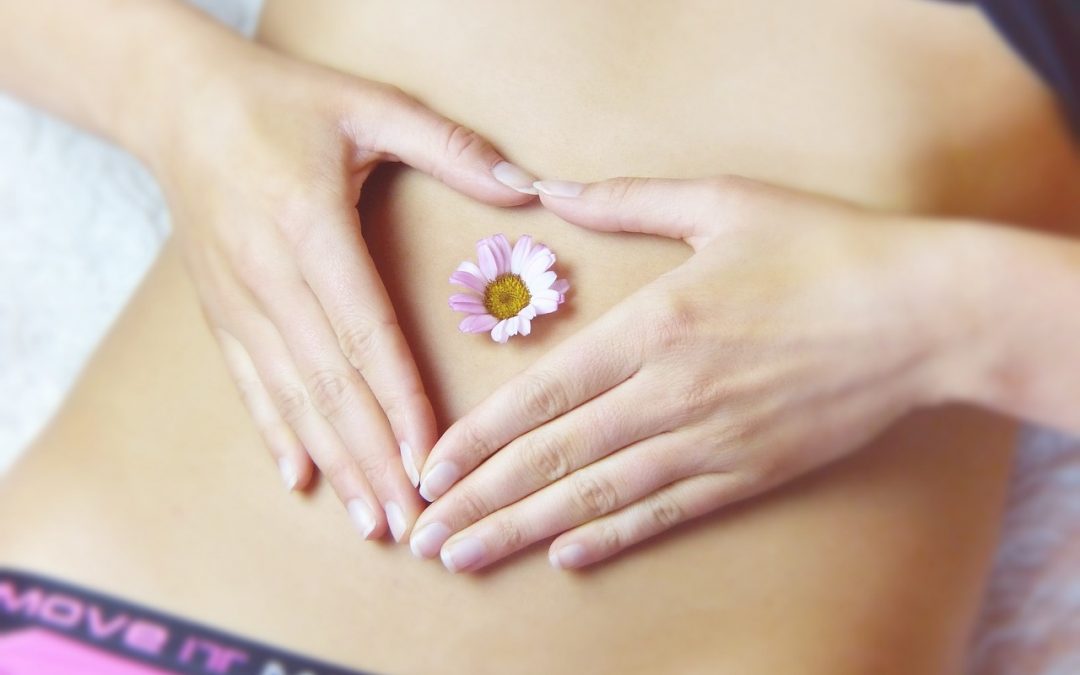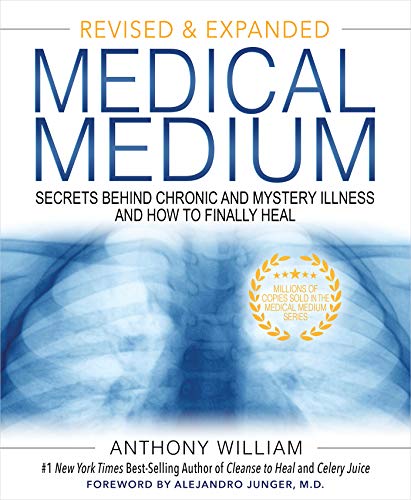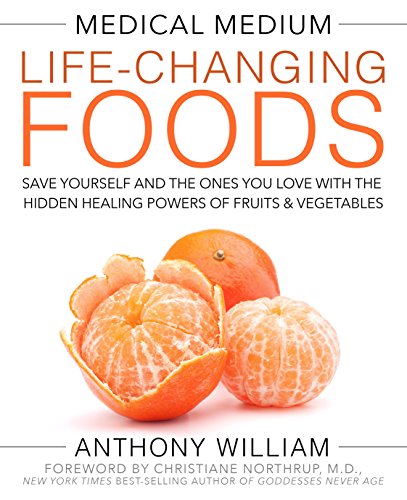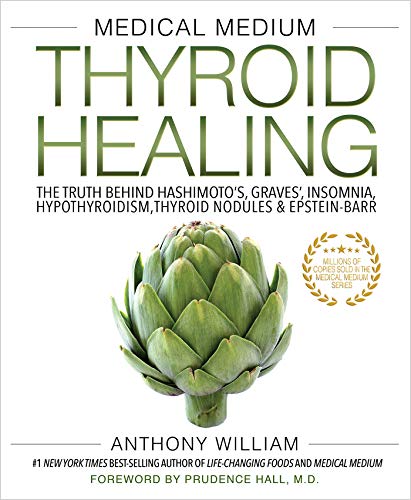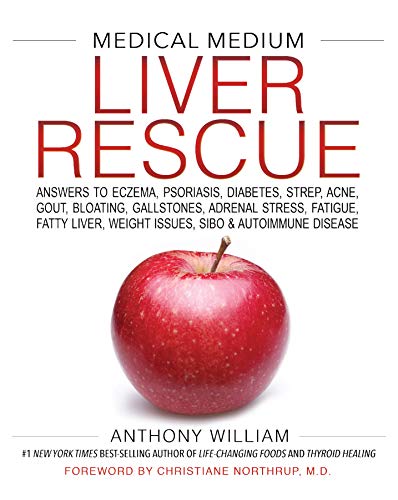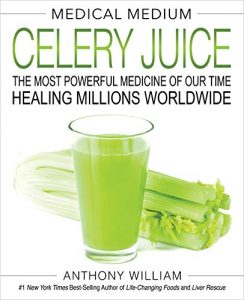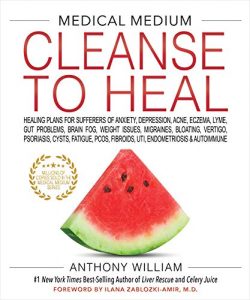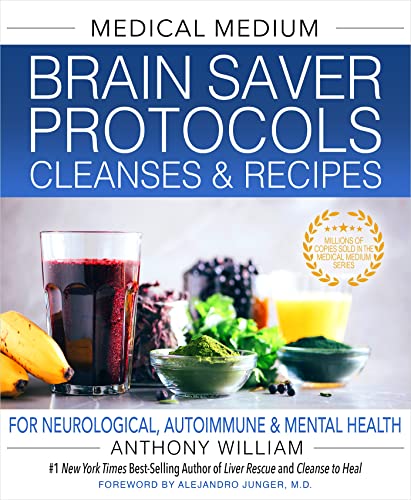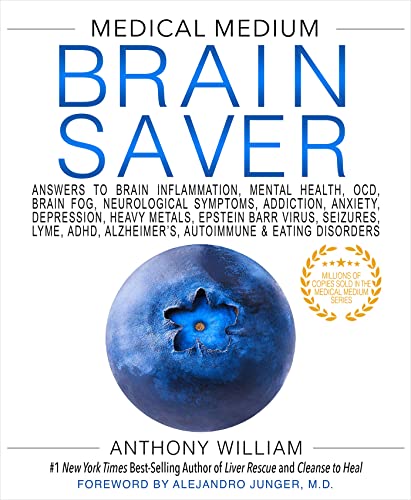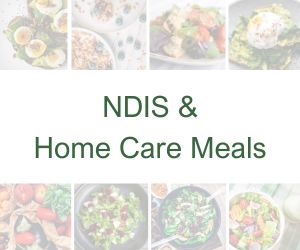What Is Gut-Health?
There has been lots of talk recently about ‘gut-health’, and there’s a good reason for this. Hidden within the walls of your digestive system is what’s known as ‘your second brain’ and this ‘brain in your gut’ is changing the way that we look at the links between mood, digestion, health and even the way that you think.
Does Disease Begin with Gut-Health?
The answer is no. Not all diseases start in the gut. For example, it doesn’t apply to the genetic or inherited diseases, however there’s evidence that lots of chronic metabolic diseases begin in the gut. We can prevent these diseases by eating more wholefoods and avoiding processed foods and by following some easy steps which are discussed further below – but first, more on the gut.
The Second Brain and Why it Matters
This ‘little brain’ is called the ‘enteric nervous system’ or ENS and it comprises 2 thin layers of over 100 million nerve cells that line your GI tract from your oesophagus to your rectum. The role of the ENS is to control digestion, including swallowing to releasing the enzymes that help break food down, to the control of blood flow, which aids with both nutrient absorption and elimination. The ENS communicates with our brain with significant results.
When you have an unhealthy gut, the symptoms of that can manifest themselves in other parts of your body. It’s your body trying to tell you that something is wrong or out of balance.
Studies have found that increasing the health of your gut can lead to improvements in:
• Immune function – 80% of our immune system is located in our gut
• Brain function
• Reducing symptoms of anger, sadness, and depression
• Reducing obesity
• Reducing toxin levels in the body
• Irritable Bowel Syndrome (IBS)
• Allergies
• Chronic Fatigue Syndrome
The ENS may sense things that our cerebral brain can’t. Evidence has been found that when the GI tract is irritated it sends signals to the central nervous system, which can trigger our mood and ultimately affect it. When you consider that between 30%-40% of the population has bowel problems of some kind and that a higher percentage of these individuals develop depression and/or anxiety, it’s easy to see how there could be a connection.
Step 1: Get More Probiotics
Our bodies are filled with bacteria – good and bad. There are more bacteria in a human body than there are cells and there are an estimated 100 trillion microorganisms living in our bowels alone. The key here is to have more good than bad bacteria in your gut – the fancy name for the good microorganisms is probiotics.
Probiotics help us do things like:
• Digest food
• Absorb nutrients
• Break down medications
• Kill some of the bad bacteria that lead to infection
There are quite a few ways to get probiotics, but one of the easiest is to take a supplement called a probiotic. You will find many different kinds under different brand names and it would be a good idea to talk to your health practitioner to see which is the brand that they recommend.
There are foods that are also high in probiotics. These foods include:
• Kefir (organic whenever possible)
• Miso (unpasteurized, naturally fermented, and non -GMO)
• Sauerkraut (unpasteurized – usually found in the refrigerated section of health food stores, or you can make your own; avoid those long-life jars located on supermarket shelves).
• Yogurt (natural and preferably organic)
• Kimchi
Getting probiotics into your system is one of the best ways that you can improve your gut-health, although you only need a small amount each day.
Step 2: Stress Less and Laugh More
Stress, especially long-term stress, not only affects our gut bacteria, but it also affects the production of hormones and neurochemicals that communicate with our brain. When it’s long-term stress, these chemicals and hormones can change permanently (unless you specifically work to change them back). Long-term stress may also lead to gastro-oesophageal reflux disease (GORD/GERD), stomach ulcers, IBD, IBS, and potentially food allergies.
Laughter really is the best medicine. It helps to reduce stress and floods your body with the happy hormones and chemicals that make the good overtake the bad. Other ways to help reduce stress are reiki and meditation.
Studies have shown that kids who grow up with a dog have both a lower risk of allergies and a healthier immune system. Dogs also help you, or in some cases force you, to exercise more and help relieve stress in your life.
Step 3: Play in The Dirt!
This is true both literally and figuratively. Gardening is good for you because it gets you outside, gives you exercise, and putting your hands in soil introduces your body to the microorganisms that are found on the plants and in the ground.
In a more figurative way, stop killing all the bacteria. Manufacturers have recently stopped putting anti-bacterial agents in some products because humans are killing all the bacteria, the good and the bad. And what’s happening? The bad bacteria are getting stronger and the good bacteria are dying.
Conclusion
It may well be that a large part of maintaining good health is maintaining good gut-health. There are many ways that you can do this, including exercise, and learning to listen to your body, however some of the easiest changes that you can make are to:
- Get plenty of probiotics – through supplements and food
- Don’t over sterilize or try and kill all bacteria
- Manage your stress better
- Laugh more

